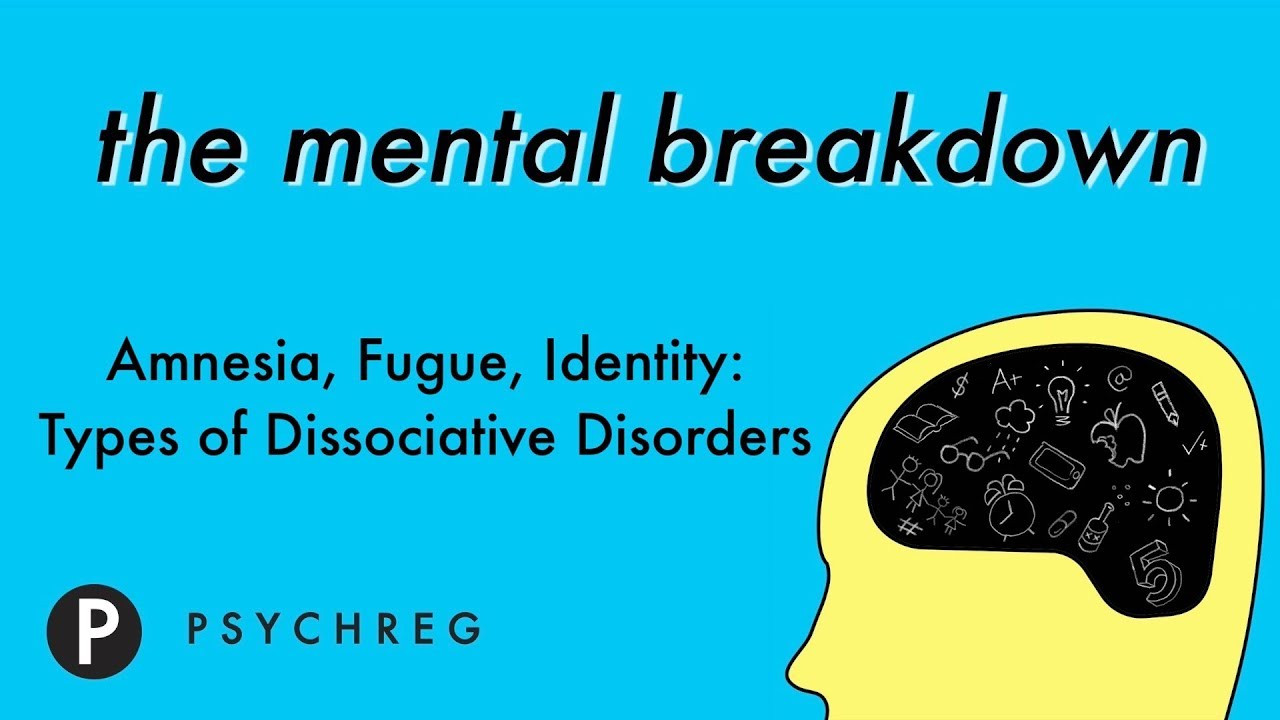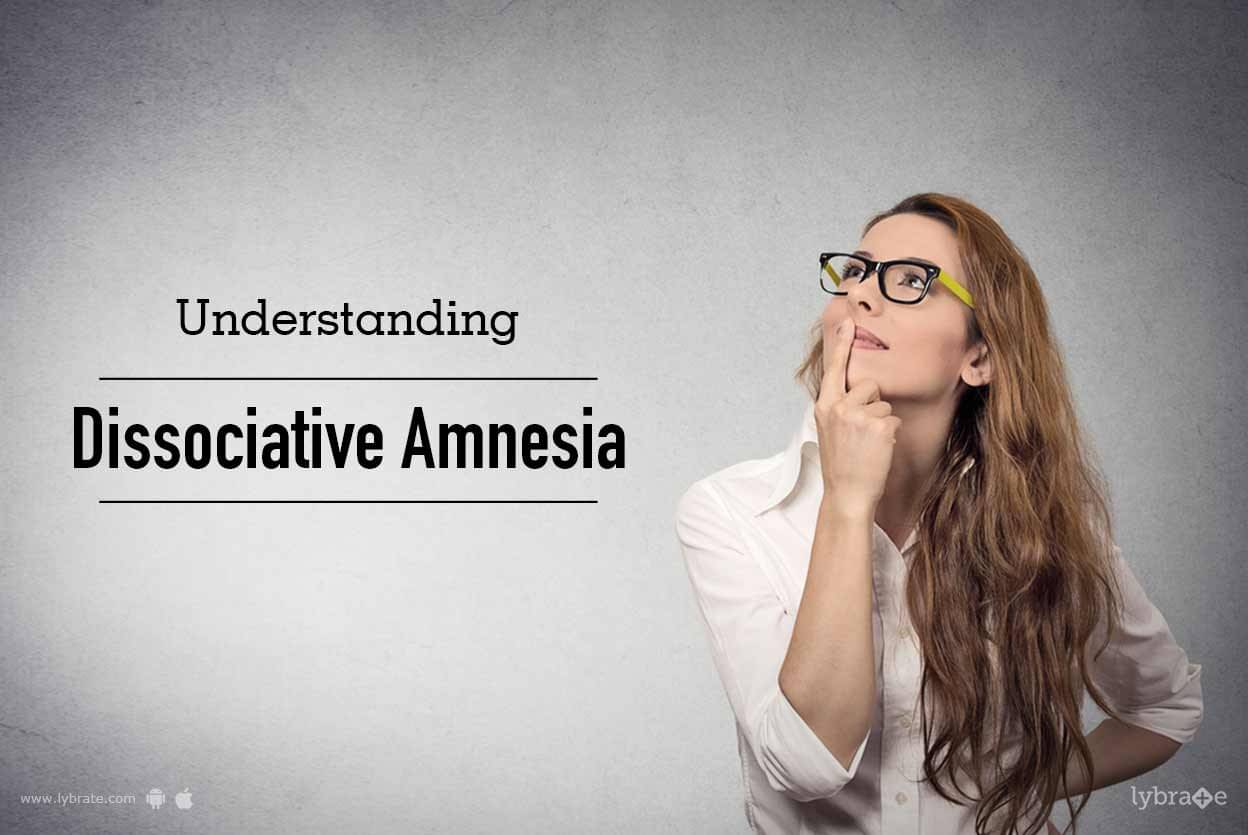
/dissociation-anxiety-4692760-01-ea7b0ed11b4f4a18b6e5992cede41928.jpg)
People suffering from fugue are often reported missing by family and may be found later living a new life, with no memories of their original life and identity.Īmnesia is not generally difficult to diagnose, as the symptoms are clearly defined.

Why this happens is not well understood but it is usually a sudden change accompanied by generalized amnesia. It occurs when someone wanders away from their life, often traveling far and assuming a new identity. Fugue is another unusual and rare type of amnesia. A person may even lose information about the world, history, or previously-held skills. A person may not remember anything about his or her life before a certain point, including where they have been, what they have done or said, or who they were with. Generalized amnesia is rare and is characterized by total loss of memories related to one’s past and identity. As new events occur, the memories of them are lost. This occurs when someone forgets new memories. For instance, the memories related to one specific person or to certain aspects of one event may be lost while others remain intact. It occurs when someone loses specific memories related to an event or a period of time. Selective amnesia may or may not occur with localized amnesia. Some people may have more than one period of memory loss. Usually the localized memory loss is related to a traumatic event, with intact memories from before and after the occurrence.

This type of amnesia causes memory loss related to a specific event or period of time. There are four main types of amnesia based on the pattern of memory loss, as well as another type characterized by a unique behavior the amnesia causes: The memory loss is not restricted to the symptoms of another mental disorder (e.g., inability to remember an important aspect of the traumatic event in Posttraumatic Stress Disorder or Acute Stress Disorder, or amnesia occurring as a symptom of Dissociative Identity Disorder or Somatization Disorder).The degree of memory loss caused by dissociative amnesia, as well as the types of memories that have disappeared can vary greatly by individual.

The memory loss is not due to the direct physiological effects of a substance (e.g., a drug of abuse, a medication) or a neurological or other general medical condition (e.g., Amnestic Disorder Due to Head Trauma).ĭ. The symptoms cause clinically significant distress or impairment in social, occupational, or other important areas of functioning.Ĭ. Fugue may be accompanied by either purposeful travel or bewildered wandering.ī. Note: There are two primary forms of Dissociative Amnesia: (1) localized amnesia for a specific event or events, and (2) Dissociative Fugue: generalized amnesia for identity and life history. Inability to recall important personal information, usually of a traumatic or stressful nature, that is inconsistent with ordinary forgetting. Individuals who exhibit these latter three types of Dissociative Amnesia may ultimately be diagnosed as having a more complex form of Dissociative Disorder (e.g., Dissociative Identity Disorder).Ī. The person’s loss of memory for certain categories of information, such as all memories relating to one’s family or to a particle person.It is defined as the inability to recall events subsequent to a specific time up to and including the present.The person has a failure of recall encompasses the person’s entire life.
SOCIAL AMNESIA STRESS SERIES
The person can recall some, but not all, of the events during a circumscribed period of time (e.g., a combat veteran can recall only parts of a series of violent combat experiences).The individual fails to recall events that occurred during a circumscribed period of time, usually the first few hours after the event (e.g., the uninjured survivor of a car accident in which a person has been killed may not be able to recall anything that happen from the time of the accident until two days later).This acute form is more likely to occur during wartime or in response to a natural disaster or other form of severe trauma. Dissociative Amnesia most commonly presents as a retrospectively reported gap or series of gaps in recall for aspects of the individual’s life history. The essential feature of Dissociative Amnesia is an inability to recall important personal information.


 0 kommentar(er)
0 kommentar(er)
